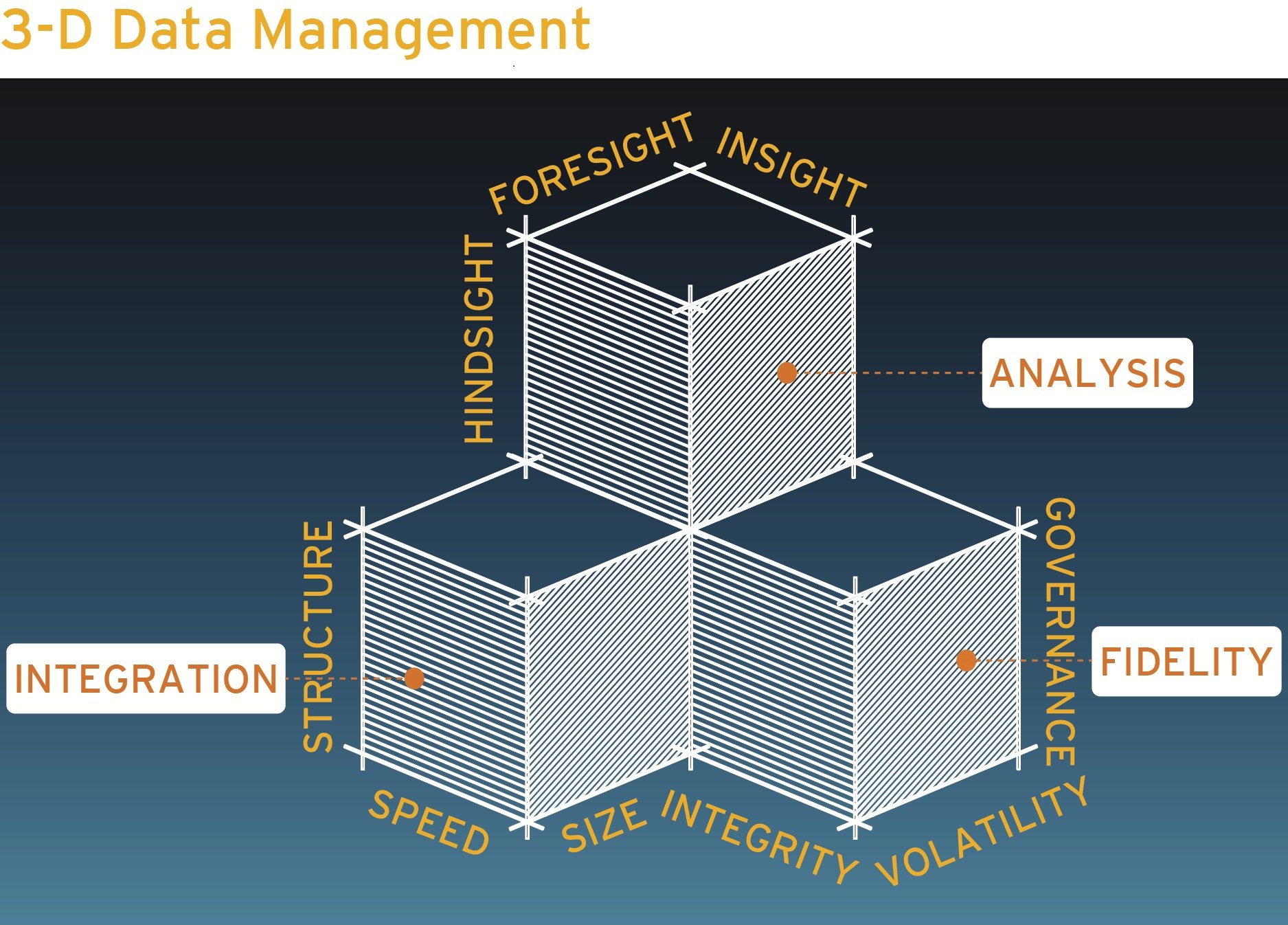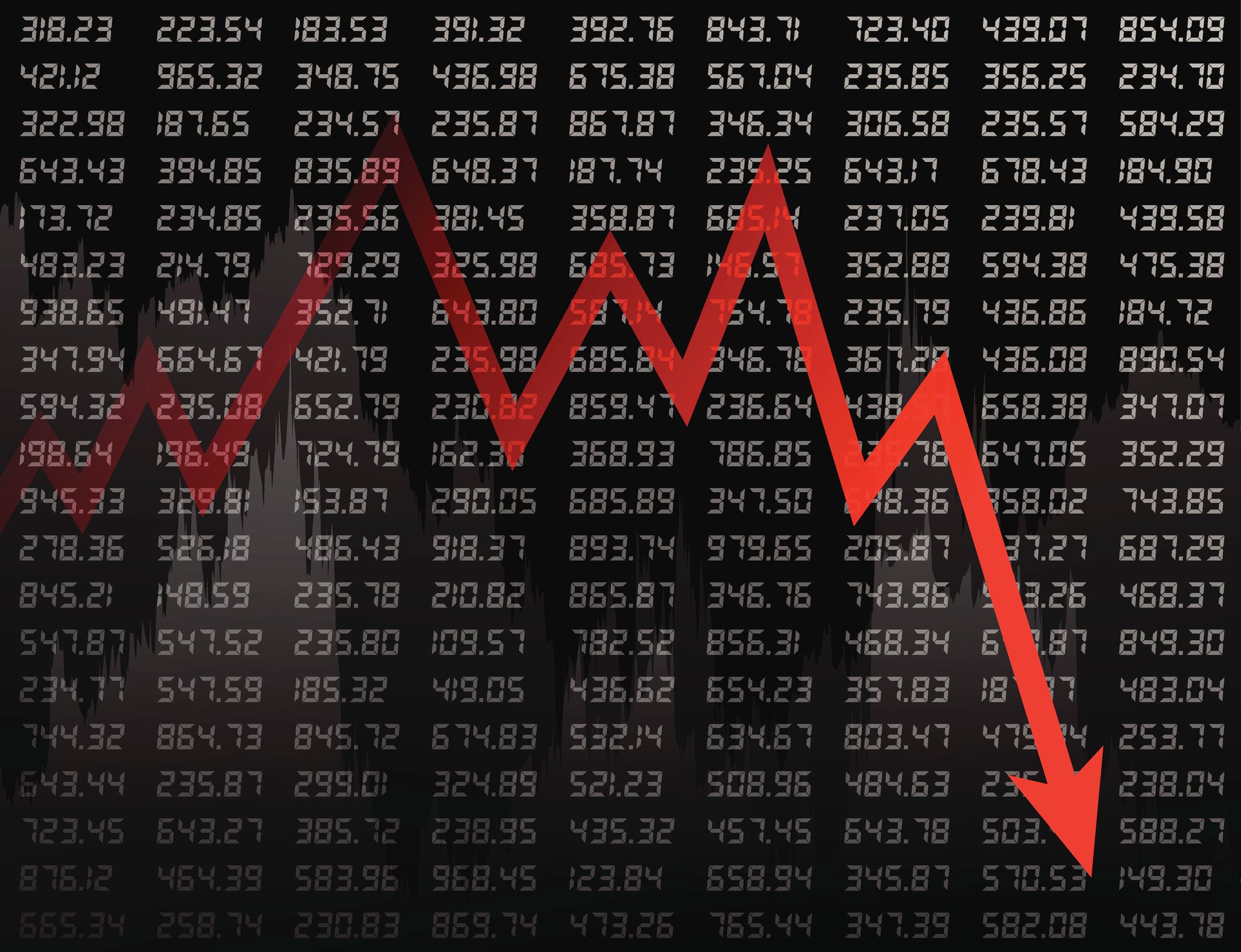
Image source: Cognizant Technology.
Macroeconomic fears have gripped the entire stock market, and Cognizant Technology Solutions (CTSH 2.99%) has just become one of many companies that investors fear could suffer from a global economic slowdown. Coming into its fourth-quarter financial report Monday, Cognizant investors had already seen bad news from the cloud-computing realm crush tech sector stocks in the previous week, and they wanted reassurance that Cognizant would continue to produce healthy growth at a pace that would demonstrate its competitive advantage against Accenture (ACN 4.78%) and other rivals in the industry. Despite posting solid results for the quarter, Cognizant's guidance didn't give investors the all-clear signal they'd hoped to see. Let's take a closer look at Cognizant's latest results and what could lie ahead for the IT consultant for 2016.
Cognizant comes in mixed
Cognizant's fourth-quarter results continued the company's trend toward reasonable growth. Revenue climbed 18% to $3.23 billion, just barely falling short of the consensus forecast among investors. GAAP net income rose 17% to $423.4 million, and after accounting for extraordinary items, adjusted earnings of $0.80 per share were $0.02 higher than investors had expected.
Looking at Cognizant's segment numbers, the company kept seeing the fastest growth in the same areas we've seen in past quarters. Healthcare saw the biggest jump in revenue, climbing 23% from the year-ago quarter and now making up almost 30% of Cognizant's overall sales. The financial services segment kept its leadership role within the company, and revenue there rose 17% to $1.31 billion, making up 40% of total sales. Gains of 14% to 15% in the manufacturing, retail, logistics, and other segments helped push Cognizant's overall performance higher as well.
Cognizant got a good mix of business from across the world. As in past quarters, North America led Cognizant higher with sales growth of 19%. But Europe held its own with a nearly 10% rise in revenue, and the "rest of world" segment climbed by more than a third to lead the pack in a small but rapidly growing area.
CEO Francisco D'Souza put the results in context. "At a time when major technology shifts are disrupting all industries," D'Souza said, "clients are looking to a partner like Cognizant to work with them to create the winning business models of tomorrow at the intersection of the physical and digital worlds." The CEO also pointed to its prowess in coming up with strong solutions for its clients to transform their enterprises from an IT perspective.
A reversal of fortune for Cognizant guidance
Cognizant also has high hopes for the future. Claiming an ability to navigate changing industry conditions well, the IT specialist thinks that it can win market share against Accenture and other IT consultants to become the go-to source among companies seeking tech services.
Yet for the first time in a while, Cognizant didn't deliver the strong guidance that shareholders wanted. For the first quarter, revenue of $3.18 billion to $3.24 billion and adjusted earnings of $0.78 to $0.80 per share were both below the consensus forecast that investors had made. Full-year 2016 guidance also came in slightly weak. Cognizant expects full-year revenue of $13.65 billion to $14.2 billion, which should produce adjusted earnings of $3.32 to $3.44 per share.
Moreover, Cognizant needs to anticipate further competition ahead. In its quarterly report in December, Accenture said that it would focus on rotating toward digital, cloud-computing, and cybersecurity services. The IT consultant believes that those areas have the highest growth potential, and that means that Accenture will increasingly seek to thwart Cognizant's hopes to capitalize on growth in IT-related areas.
Cognizant investors were disappointed by the news, and the stock fell 8% in premarket trading after the announcement. With so much uncertainty in the global economy right now, it'll be tough for Cognizant to hold Accenture and other rivals at bay and deliver the growth that its shareholders demand.







